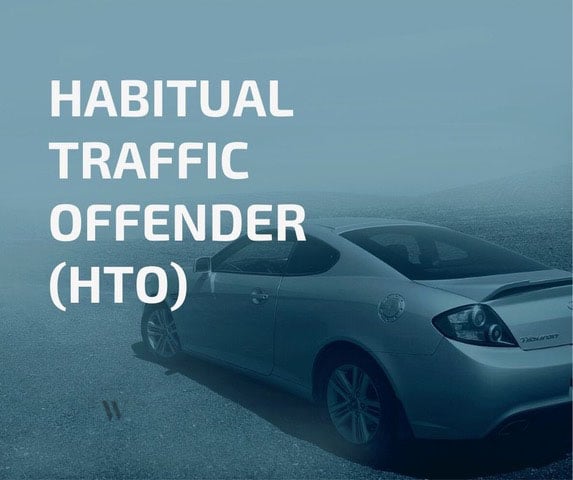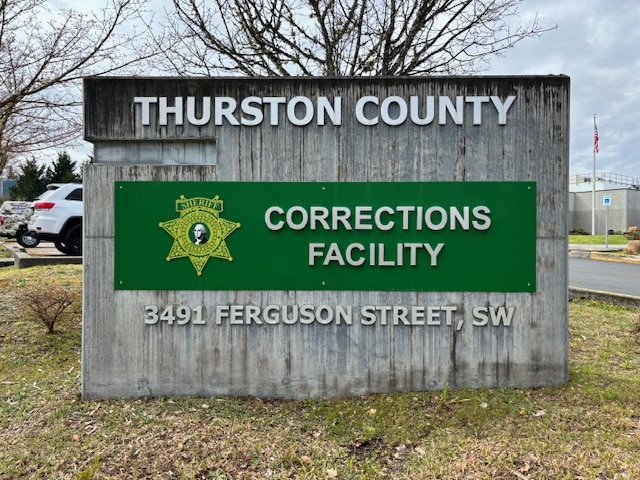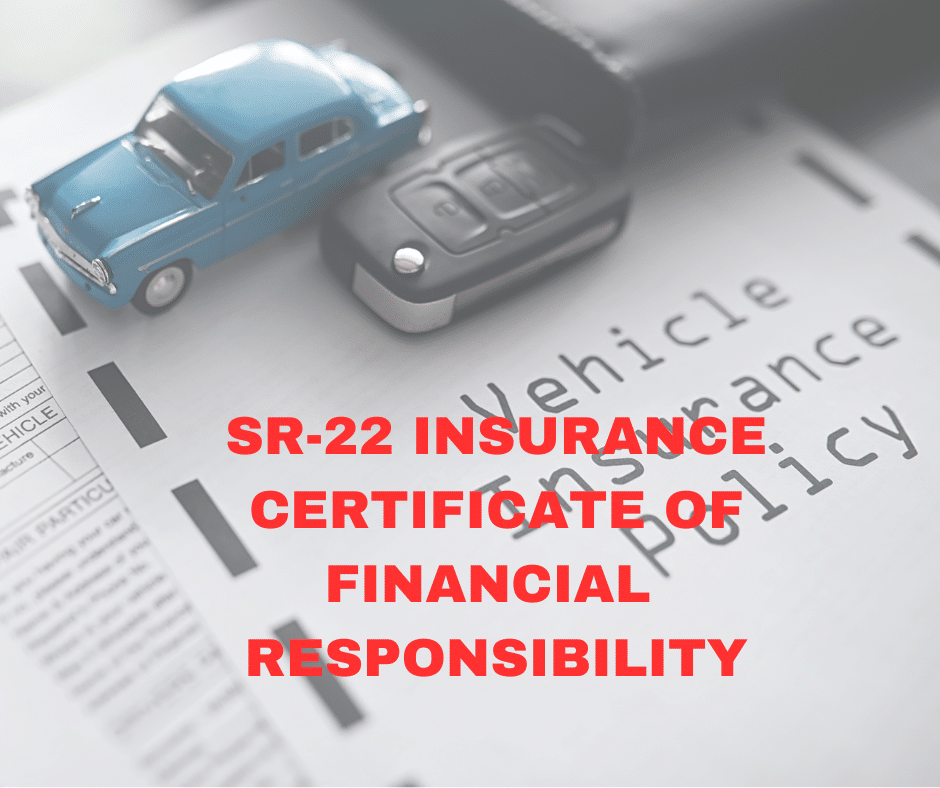Habitual Traffic Offender (HTO)
Most crimes at the misdemeanor / gross misdemeanor do not have “sentencing guidelines” like crimes do at the felony level. Driving While License Suspended in the First Degree (or Habitual Traffic Offender Status) is one of the few exceptions to the rule. For a conviction, the punishment is harsh and escalates rapidly for each offense. DWLS 1 has by far the most severe mandatory sentencing for any crime at this level.
For a free consultation call (360) 792-1000.

A person is designated a Habitual Traffic Offender by:
1) Accumulating three major traffic offenses within 5 years. (major traffic offenses are DUI, Reckless Driving, Hit and Run, Driving With A Suspended License, Eluding, Vehicular Assault, and Vehicular Homicide), or
2) Accumulating twenty driving infractions within 5 years.
The Department of Licensing determined the 5 year period based on the violation date and not the date of conviction.
Loss Of Driving Privilege
Being designated a Habitual Traffic Offender (HTO) in Washington State can have devastating consequences to you. There is mandatory jail time for those who violate the driving restrictions and there is a lengthy restriction period of 7 years. During this period, the person may not drive. There is no occupational, restricted, ignition interlock, or other alternative licensing options. This suspension is set by the Department of Licensing and is separate from any other driving penalties set by a court due to a criminal conviction.
There are only a few options to restore your license following a HTO designation.
1) You do not drive for the entire 7 years and then you follow the protocol as designated by the DOL to reinstate your license. You must take proactive steps as your license is not automatically valid after the 7 years.
2) Petition for a early reinstatement 4 years after you were first designated a HTO. The details are below. If you are successful with this petition, you may still need to comply with extra conditions such as an ignition interlock on your vehicle and carry SR-22 (high risk) insurance.
3) Seek a stay on your revocation based on your alcohol or drug dependency. This can only be done after you have completed a 2 year treatment program and you meet other conditions of the review. You will be on “probation” for the remainder of the 7 year HTO period but, if you keep an ignition interlock and high risk insurance, you will be able to restore your driving privilege.
Reinstatement Hearings
According to the Department of Licensing, you may qualify for a reinstatement hearing if:
1) You have been designated HTO for at least 4 years,
2) There is no evidence that you have driven within the past 2 years,
3) If you had conditions regarding alcohol or drug treatment, you have met all of those requirements,
4) You are not suspended for non-compliance with your treatment,
5) At least one year has passed since any previous reinstatement requested have been denied.
CLICK HERE for info on how to request a Reinstatement Hearing
Additionally, if your license has been suspended for other issues such as unpaid fines, there may be other conditions (such as payment of fines or child support) that you must comply with before you can seek to have your license reinstated.
Drug and Alcohol Dependency
You may qualify for a “stay” on your revocation if you meet certain conditions. At your DOL hearing, you would need proof that you have been assessed “substance dependent,” you have completed a treatment program and are compliant, you are not in HTO status for violating a previous stay or probation, and the offenses leading up to your revocation were due to alcoholism or drug addiction.
Consequences of Conviction
Each progressive conviction for DWLS 1 has exponentially harsher minimum sentences. For the 1st offense, the minimum is 10 days. The 2nd offense carries a minimum sentence of 90 days, and the 3rd offense has a minimum of not less than 180 days in jail These are charges not to be taken lightly.
If you are facing a designation of Habitual Traffic Offender, it is critical that you seek the advice of an experienced criminal defense attorney. Occasionally, there may be a challenge to the validity of the designation but time is of the essence.
Do not ignore the warnings by the Department of Licensing or drive once you are notified of the designation. Even if you believe it to be inaccurate, you do not want to compound the problem with additional criminal charges. At Witt Law Group, we offer free consultations. If you are unsure of how to proceed, give our office a call.
Criminal Defense Posts
Thurston County Jail – How To Check In

If you are facing a misdemeanor or felony criminal charge and have been sentenced in Thurston County District Court or Superior Court, you will report to the Thurston County Jail. Thurston County DUI and Physical Control Information https://wittlegal.com/blog/dui-criminal-charges-in-thurston-county-things-to-know What To Bring You must bring a PAPER copy of your Judgment and Sentence (J&S). You receive…
SR22 INSURANCE AFTER A DUI OR PHYSICAL CONTROL CHARGE

When you are facing a DUI/DWI or Physical Control charge, one of the more minor issues that arises is the specialized insurance certificate you must acquire. Once you are eligible to be reinstated or are seeking the Ignition Interlock License, you may need to provide proof of SR22 insurance to the Department of Licensing. This…

Get help now
Whether you choose to handle your case alone or you hire the Witt Law Group, get educated and prepared. There are so many factors that occur in the early part of your case that can dictate whether you will end up with a fair recovery. Remember that a consultation is free and worth your time. You will likely discover that the earlier you get an attorney involved in the process, the easier the transition back to normal life. Your attorney will take over all contact with the insurance adjuster and keep track of your treatment providers and bills. Your job is to heal. Our job is to present your injuries and damages to the insurance companies and argue for a fair settlement that accurately reflects the pain and damages you’ve suffered.

